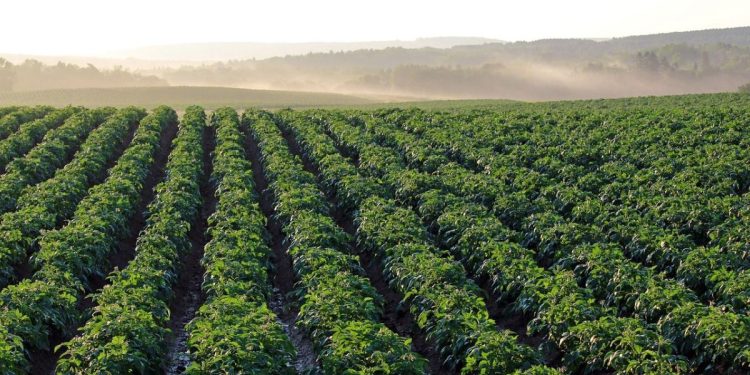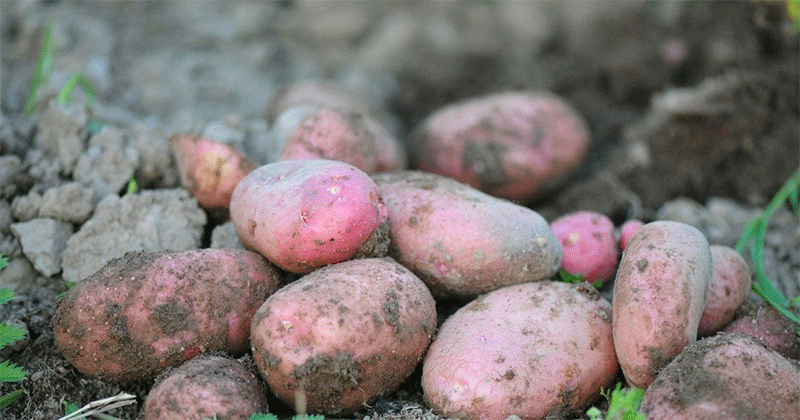Discover the critical role of manganese in potato cultivation and its significant impact on yield, tuber quality, and overall crop health. This article presents the latest data and insights on harnessing manganese for potatoes, capturing the interest of farmers, agronomists, agricultural engineers, farm owners, and agricultural scientists.
Introduction:
Potatoes are a staple crop worldwide, and maximizing their production and quality is a top priority for farmers. One key element that plays a vital role in potato growth and development is manganese. In this article, we delve into the significance of manganese for potatoes, exploring its effects on yield, tuber characteristics, and overall crop vitality. By understanding and optimizing manganese application, farmers can unlock the full potential of their potato crops.
The Power of Manganese:
Manganese is an essential micronutrient for plant growth and functions as an activator for various enzymes and metabolic processes. In potatoes, manganese is particularly crucial for photosynthesis, carbohydrate metabolism, and disease resistance. Adequate manganese levels are necessary for optimal potato development and productivity.
Data on Manganese’s Impact on Potatoes:
A study conducted by the Department of Plant Science at the University of Manitoba examined the effects of manganese application on potato crops. The research demonstrated that maintaining optimal manganese levels significantly enhanced potato yield and quality. The plants treated with manganese exhibited increased tuber size, improved uniformity, and enhanced marketable yields compared to those with insufficient manganese levels.
Furthermore, manganese played a crucial role in disease management. The study revealed that adequate manganese levels helped to reduce the incidence and severity of common potato diseases, such as powdery scab and blackleg. This contributed to overall crop health and improved marketability of the harvested potatoes.
Consequences of Manganese Integration in Potato Farming:
Integrating manganese into potato farming practices brings several benefits. Firstly, ensuring the proper supply of manganese promotes vigorous plant growth, leading to increased tuber formation and higher yields. This can directly impact the economic viability of potato farming by improving profitability.
Moreover, manganese supplementation enhances tuber quality. Adequate manganese levels contribute to desirable tuber characteristics such as size, shape, and skin quality. High-quality potatoes have better market value, enabling farmers to meet consumer demands and secure a competitive edge in the industry.
Conclusion:
Recognizing the significance of manganese in potato cultivation is crucial for achieving optimal yield, tuber quality, and disease resistance. By harnessing the power of manganese, farmers, agronomists, agricultural engineers, farm owners, and agricultural scientists can unlock the full potential of their potato crops. The integration of manganese promotes robust plant growth, improved tuber characteristics, and enhanced disease management, paving the way for successful and sustainable potato farming.
Tags: #manganese #potatoes #crophealth #yieldoptimization #tuberquality #sustainableagriculture #agronomy #agriculturalengineering #farmers #farmowners #agriculturalscientists







